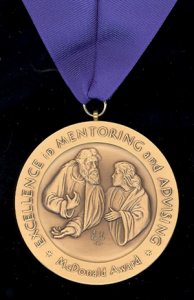 Whiting School of Engineering
Whiting School of Engineering
Baltimore, Maryland
Johns Hopkins University was founded in 1876 as the first academic research university in the United States, created for the “encouragement of research … and the advancement of individual scholars, who by their excellence will advance the sciences they pursue, and the society where they dwell.” When admitting its first engineering students in 1912, the University adhered to its original mission of the pursuit of knowledge through research. The Whiting School of Engineering continues to fuse advanced scholarship with research and applied technologies, preparing its students to think broadly and beyond the narrow constraints of any single field of study.
The Whiting School’s mission is to provide “knowledge for the world through innovative research that leads to improved quality of life and enhances the safety and security of future generations; an education, grounded in fundamental scientific principles, that prepares students to solve the complex, technology-based problems of the 21st century; and the world’s next generation of engineering leaders through creative curricula and programs that instill ethical values, an appreciation for the importance of diversity, an entrepreneurial spirit, and a love of learning.” The School’s ability to realize this mission is expected to derive from the accomplishments and support of its people — the students, faculty, alumni and staff who share this vision and commitment to excellence. Today’s vision for the Whiting School is “Leadership through Innovation.”
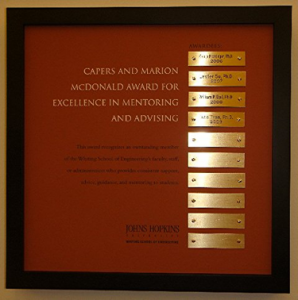 Although the Whiting School is relatively small, a number of its academic departments, including Biomedical Engineering and Environmental Engineering, are ranked among the top in the United States. However, leadership in the global impact of research and academic programs and innovations in engineering for the betterment of society is what Johns Hopkins is about. In every area of research, Hopkins engineers are engaged in a process of discovery, pioneering new frontiers, and are securing their role as tomorrow’s leaders.
Although the Whiting School is relatively small, a number of its academic departments, including Biomedical Engineering and Environmental Engineering, are ranked among the top in the United States. However, leadership in the global impact of research and academic programs and innovations in engineering for the betterment of society is what Johns Hopkins is about. In every area of research, Hopkins engineers are engaged in a process of discovery, pioneering new frontiers, and are securing their role as tomorrow’s leaders.
Website: http://engineering.jhu.edu
CONTACT: The Johns Hopkins University, Whiting School of Engineering, 120 New Engineering Building, 3400 North Charles Street, Baltimore, MD 21218; Email: engineeringinfo@jhu.edu, Voice: 410-516-4050
There are many reasons to learn more about our honorees. You may benefit from knowing more about these outstanding individuals and perhaps become a better mentor or advisor yourself. You may wish to add your own congratulations! You may want to renew a former acquaintance.
A sincere effort is maintained to keep this information up to date. However, the individual’s or institutions’ own web sites and directory listings should also prove helpful.
Titles and affiliations are listed as at the time of each award.
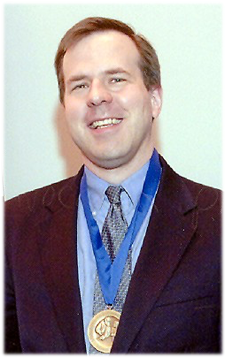
2005
Todd C. Hufnagel, Ph.D. – First Johns Hopkins Honoree
Associate Professor,
Department of Materials Science and Engineering,
Whiting School of Engineering, Johns Hopkins University
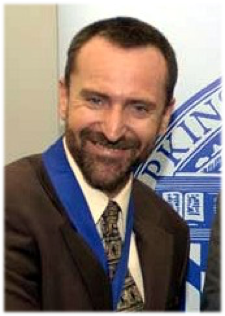
2006
Gabor Fichtinger, Ph.D.
Director of Engineering,
Engineering Research Center for Computer-Integrated Surgical Systems and Technologies,
Whiting School of Engineering, Johns Hopkins University
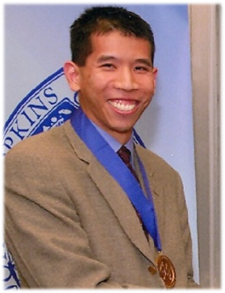
2007
Lester K. Su, Ph.D.
Assistant Professor,
Department of Mechanical Engineering,
Whiting School of Engineering, Johns Hopkins University
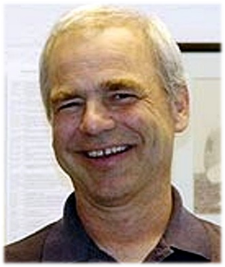
2008
William P. Ball, Ph.D.
Professor,
Department of Geography and Environmental Engineering,
Whiting School of Engineering, Johns Hopkins University
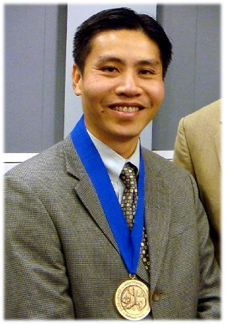
2009
Trac D. Tran, Ph.D.
Associate Professor,
Department of Electrical and Computer Engineering,
Whiting School of Engineering, Johns Hopkins University
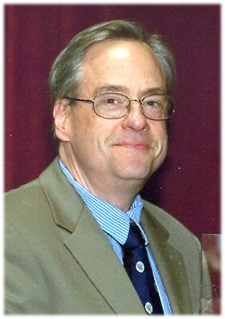
2010
Robert C. Cammarata, Ph.D.
Professor,
Department of Materials Science and Engineering,
Whiting School of Engineering, Johns Hopkins University
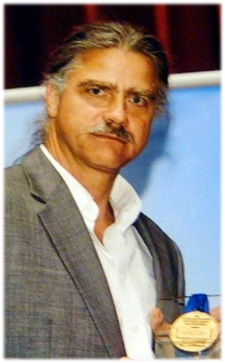
2011
Carey E. Priebe, Ph.D.
Professor,
Department of Applied Mathematics and Statistics,
Whiting School of Engineering, Johns Hopkins University
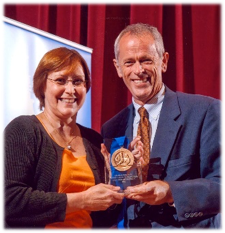
2012
Lise Dahuron, Ph.D.
Director of Undergraduate Studies, Lecturer,
Department of Chemical and Biomolecular Engineering,
Whiting School of Engineering, Johns Hopkins University
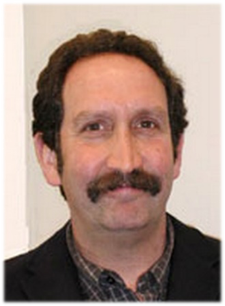
2013
Michael I. Miller, Ph.D.
Professor of Electrical and Computer Engineering,
Department of Biomedical Engineering;
Director, Center for Imaging Science;
Whiting School of Engineering, Johns Hopkins University
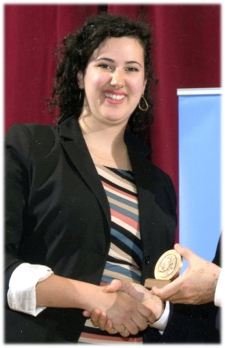
2014
Soraya Bailey, M.S.
Support Engineer, Senior Design Course,
Department of Mechanical Engineering,
Whiting School of Engineering, Johns Hopkins University
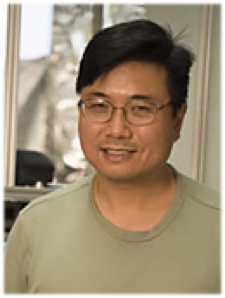
2015
David T. Yue, M.D., Ph.D.
Professor of Biomedical Engineering and Neuroscience,
Co-Director, Doctoral Program in Biomedical Engineering,
Department of Biomedical Engineering,
Whiting School of Engineering, Johns Hopkins University
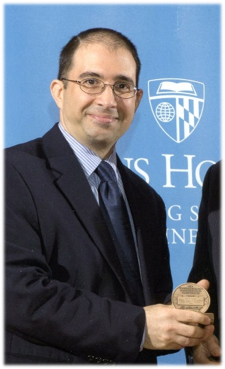
2016
Steven P. Marra, Ph.D., P.E.
Associate Teaching Professor,
Department of Mechanical Engineering,
Whiting School of Engineering, Johns Hopkins University
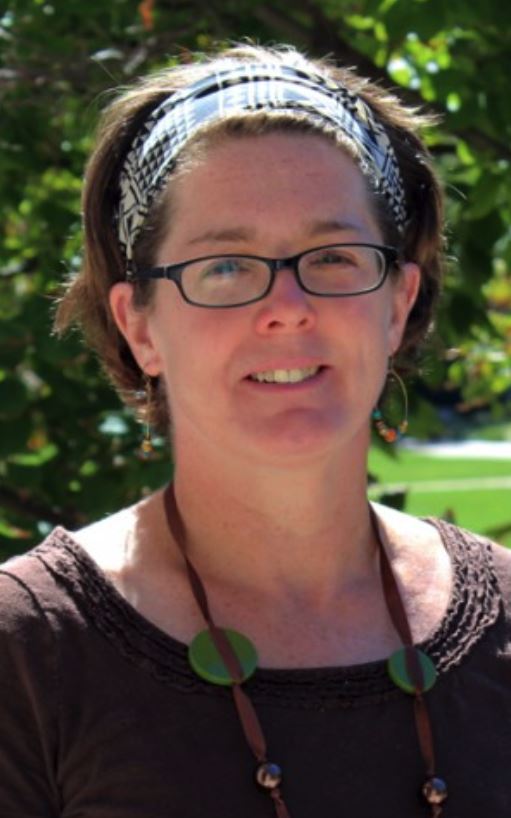
2017
Orla Wilson, Ph.D.
Senior Lecturer,
Department of Materials Science and Engineering,
Whiting School of Engineering, Johns Hopkins University

2018
Cathy Jancuk
Undergraduate Program Manager,
Department of Biomedical Engineering,
Whiting School of Engineering, Johns Hopkins University
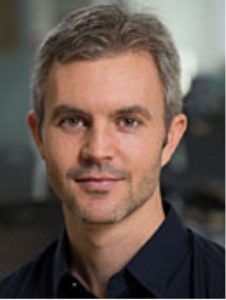
2019
Nicholas Durr, Ph.D.
Assistant Professor,
Co-Director, Undergraduate Design Team,
Department of Biomedical Engineering,
Whiting School of Engineering, Johns Hopkins University
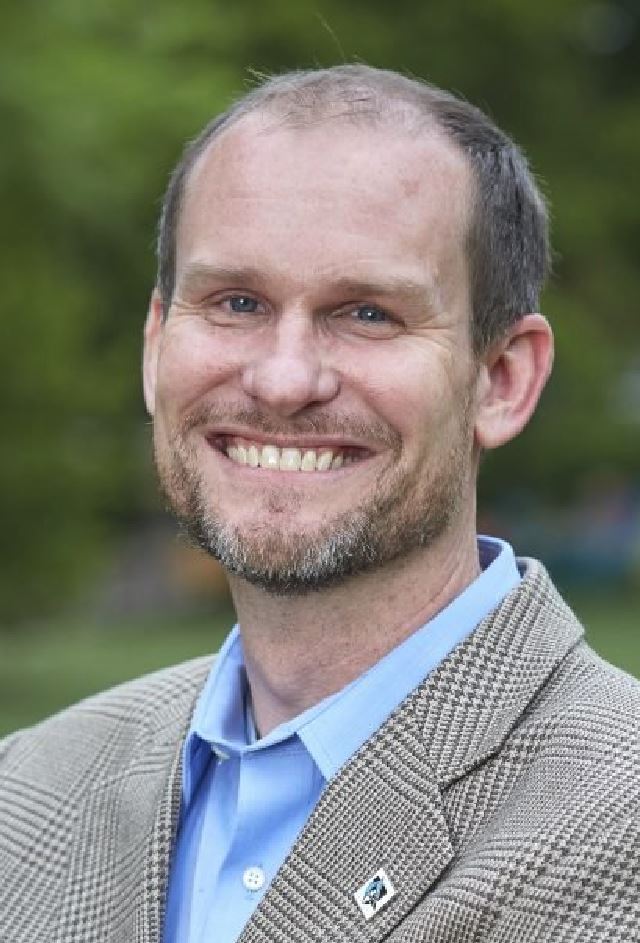
2020
Jeffrey J. Gray, Ph.D.
Professor,
Department of Chemical and Biomolecular Engineering,
Whiting School of Engineering, Johns Hopkins University

2021
Sridevi V. Sarma, Ph.D.
Associate Professor,
Vice Dean for Graduate Education,
Department of Biomedical Engineering,
Whiting School of Engineering, Johns Hopkins University
Award Program Institutions
The program is endowed to operate through six supporting institutions.
An international recognition is part of the annual society-level award programs of ASME. U. S. national honorees are recognized through the engineering honor society, Tau Beta Pi. Other outstanding mentors are selected annually through similarly-endowed institutional programs at Duke University, Harvard University, Johns Hopkins University, and Massachusetts Institute of Technology – universities where sponsor Capers McDonald has been privileged to have been engaged as a learner, either as a student or faculty member.
Aside from simply learning more about each of these organizations, there are many reasons to contact our award program institutions! You may want to learn more and become a better mentor or advisor. You may wish to know the procedure for nominating an excellent mentor for one of the awards. Or, you may have some interest in contributing to the celebration by volunteering some of your time or funds to enhance the recognitions. All are welcomed!
A sincere effort is maintained to keep this information, including contacts, up to date. However, the institutions’ own web sites and directory listings should also prove helpful.
Connections Among the Six Institutions
In addition to their individual dedication to excellence in engineering and the applied sciences; to innovation, creativity and leadership; and to a broad social perspective on the role of engineers, these six institutions are prominent among those Capers McDonald has enjoyed working and learning in throughout his life – either as a student, faculty member or volunteer.
In the School of Engineering at Duke University, Capers earned a Bachelor of Science in Engineering (BSE) degree with majors in Biomedical Engineering and Zoology in 1974. He completed a Master of Science in Mechanical Engineering (MSME) degree at MIT in 1976, conducting his thesis work with fellow engineers at MIT and orthopedic surgeons at Children’s Hospital Boston. Following five years of employment, Capers concluded his formal education – to date – with a Master in Business Administration (MBA) degree from Harvard Business School in 1983.
Immediately following 12 years as President and CEO of BioReliance Corporation in 2004, Capers became an Executive in Residence and faculty member with Johns Hopkins University, teaching in graduate programs that in 2007 became parts of the newly-chartered Carey Business School.
Capers was inducted into Tau Beta Pi, the national engineering honorary, following his third undergraduate year at Duke and served as the student Chapter President during 1973-74. He is a Life Member of ASME, which for many years was known as the American Society of Mechanical Engineers.
PAGE IMAGE (Not Yet Described):
Near Top of Page: Johns Hopkins Honorees perpetual recognition plaque.
